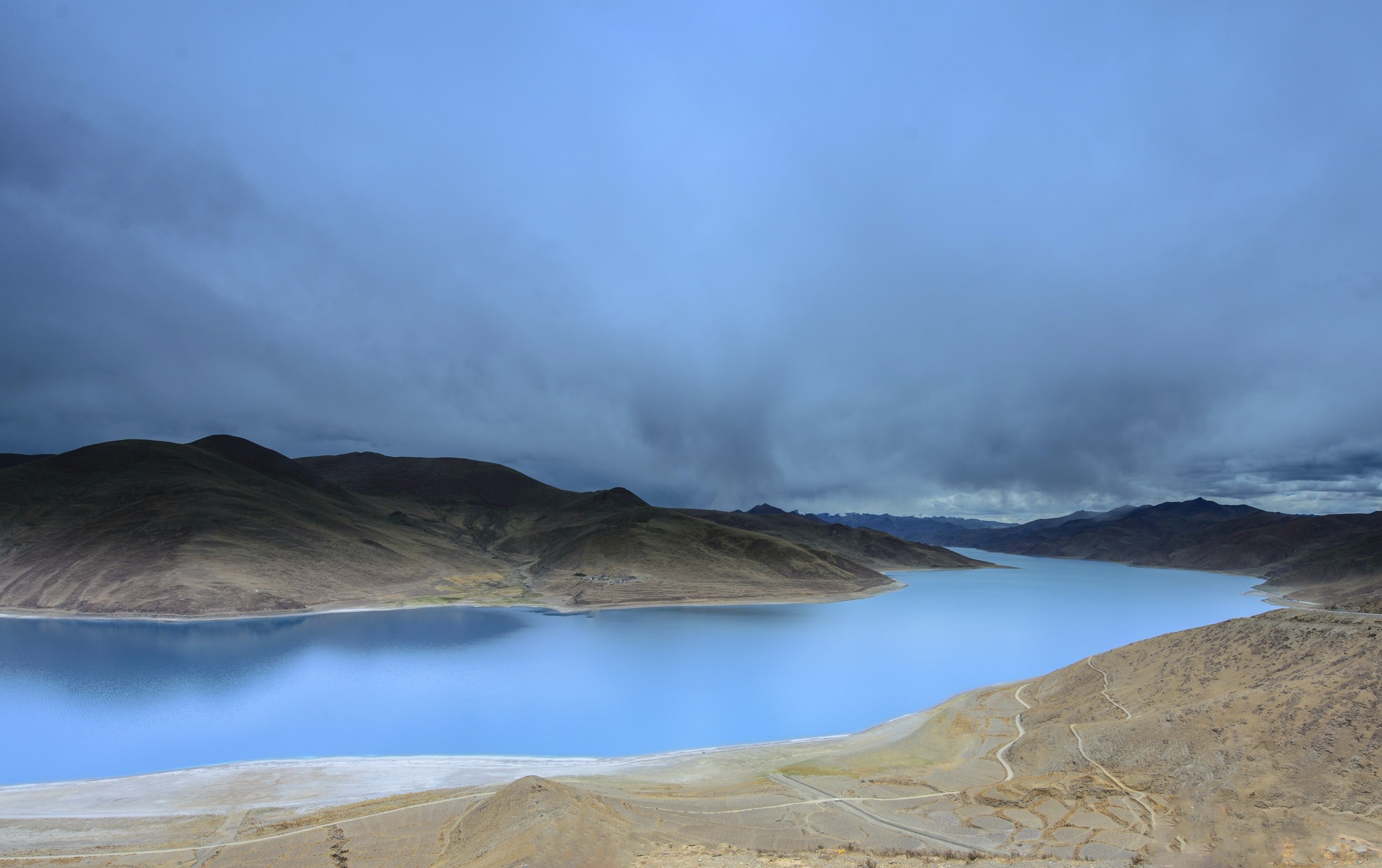
Lab Projects
With increasing pressures from climate change, population growth, and economic development, governing and managing freshwater resources will become increasingly more challenging.
These challenges become more complex when water crosses boundaries – whether political, cultural, or sectoral. Improving access to freshwater and improving ecosystem health requires management and governance processes that embody effective water cooperation at all scales that supports the processes, outcomes, and relationships needed. Our goal is to promote and encourage effective cooperative processes over shared waters that enhance sustainability and equitability among users.
Within the Shared Waters Lab, our projects support this overarching goal and explore the complexities of managing, governing, and cooperating over freshwater resources that transect (or define) boundaries through two main dimensions and overarching lines of research. We use mixed methods with various tools, including policy and event analysis, geospatial
Current Projects
-

Monitoring for International Hydropolitical Tensions
With researchers at Oregon State University, University of Geneva, IHE-Delft, and IUCN, this collaborative project aims to combine quantitative and qualitative approaches to monitor international hydropolitical tensions and identify variables that play a role in developing tensions and/or opportunities for cooperation. By better understanding conflict-cooperation dynamics over international freshwaters and the factors that lead to conflict and cooperation, we can encourage a more effective cooperative process over internationally shared waters.
-

Effective Transboundary Water Cooperation
Based on the recent book, Defining Effective Transboundary Water Cooperation, this project aims to refine our understanding of effective transboundary water cooperation recognizing the importance of relationships and outcomes and the role of place, scale, and context. Using the Four Frames of Transboundary Water Cooperation and the Weighted Model of Effective Cooperation to evaluate cooperative processes for managing and governing shared waters, we aim to support sustainability and equitability over shared waters and develop place-based strategies in collaboration with basin actors to increase effective cooperation.
-
Transboundary Freshwater Diplomacy Database
The Transboundary Freshwater Diplomacy Database (TFDD) is an award-winning spatial database of the world’s international river and lake basins, wetlands, and the institutions governing them. The database includes the largest compendium of international water conflict and cooperation events, institutions, and treaties available. Access it here.
-
Graduate Capstone Projects
As part of the Fletcher School degree requirements, students build skills and expand current knowledge through a Capstone Project. The Capstone Project is a significant analytical work that allows students to draw on the analytical, methodological, and substantive coursework. Students working with the Shared Waters Lab and advised by Prof. Melissa McCracken have completed research on a wide range of environmental topics, predominately in the format of a traditional academic master’s thesis. Explore the showcase of student capstone projects below to learn more.

